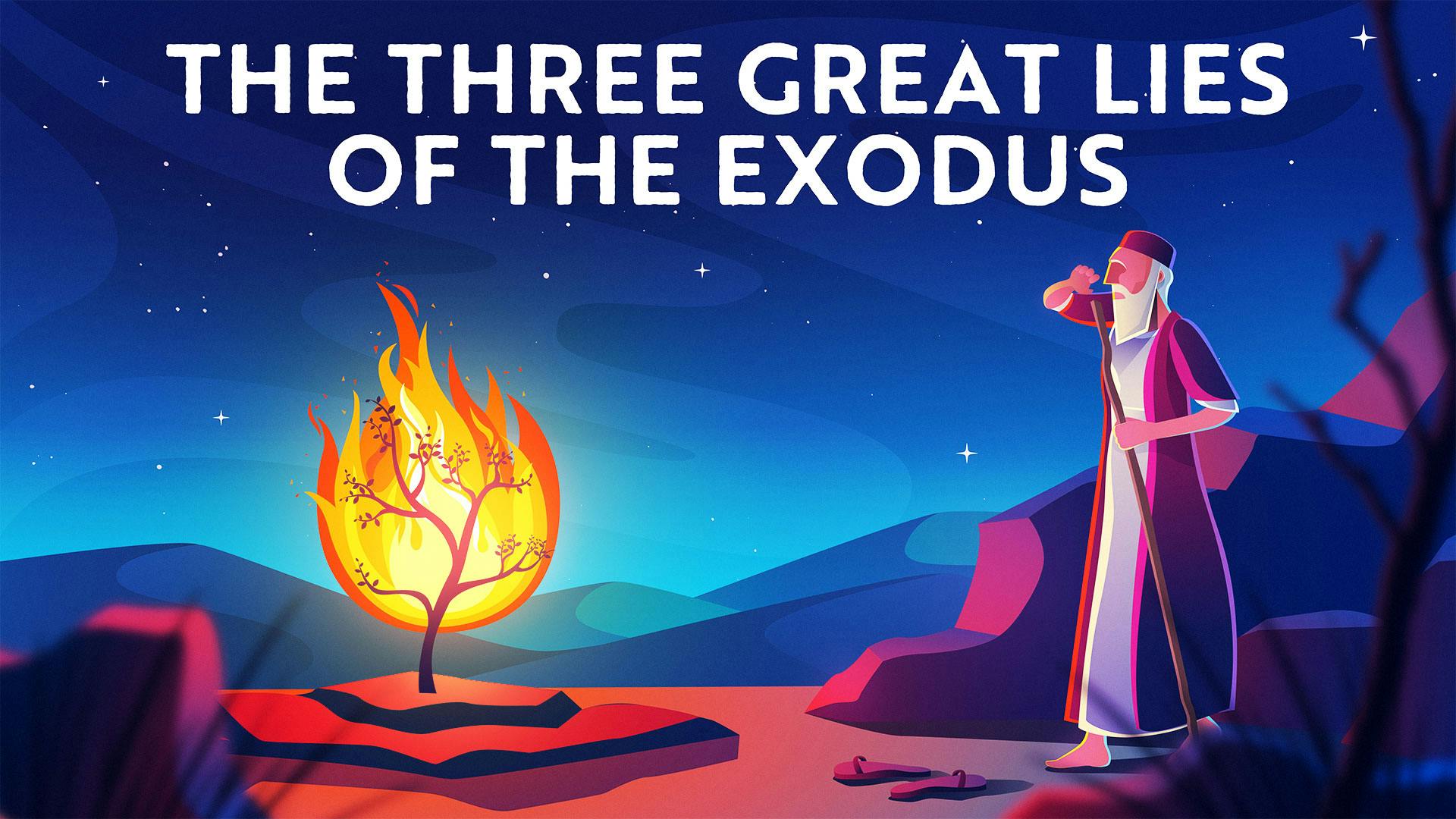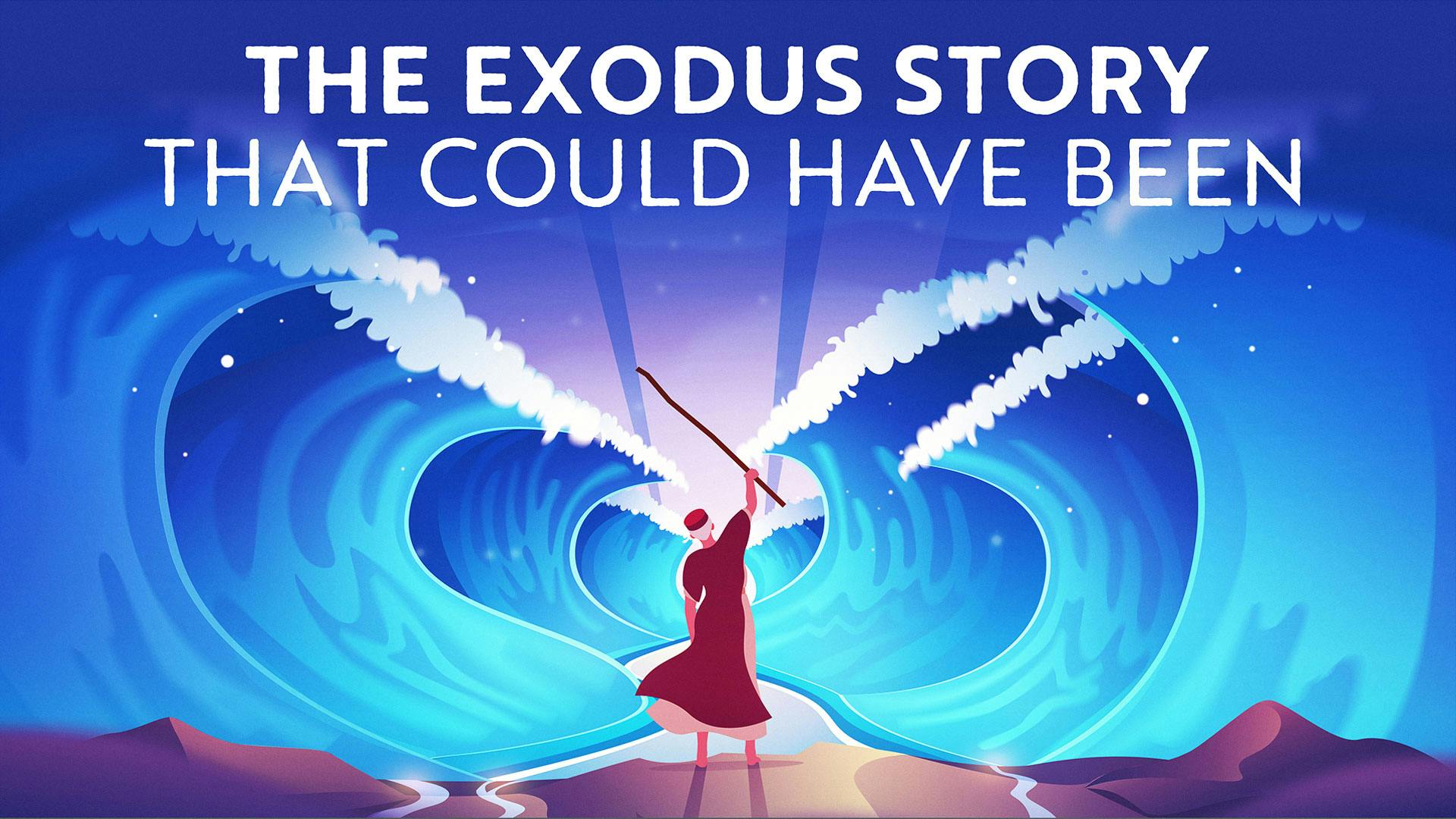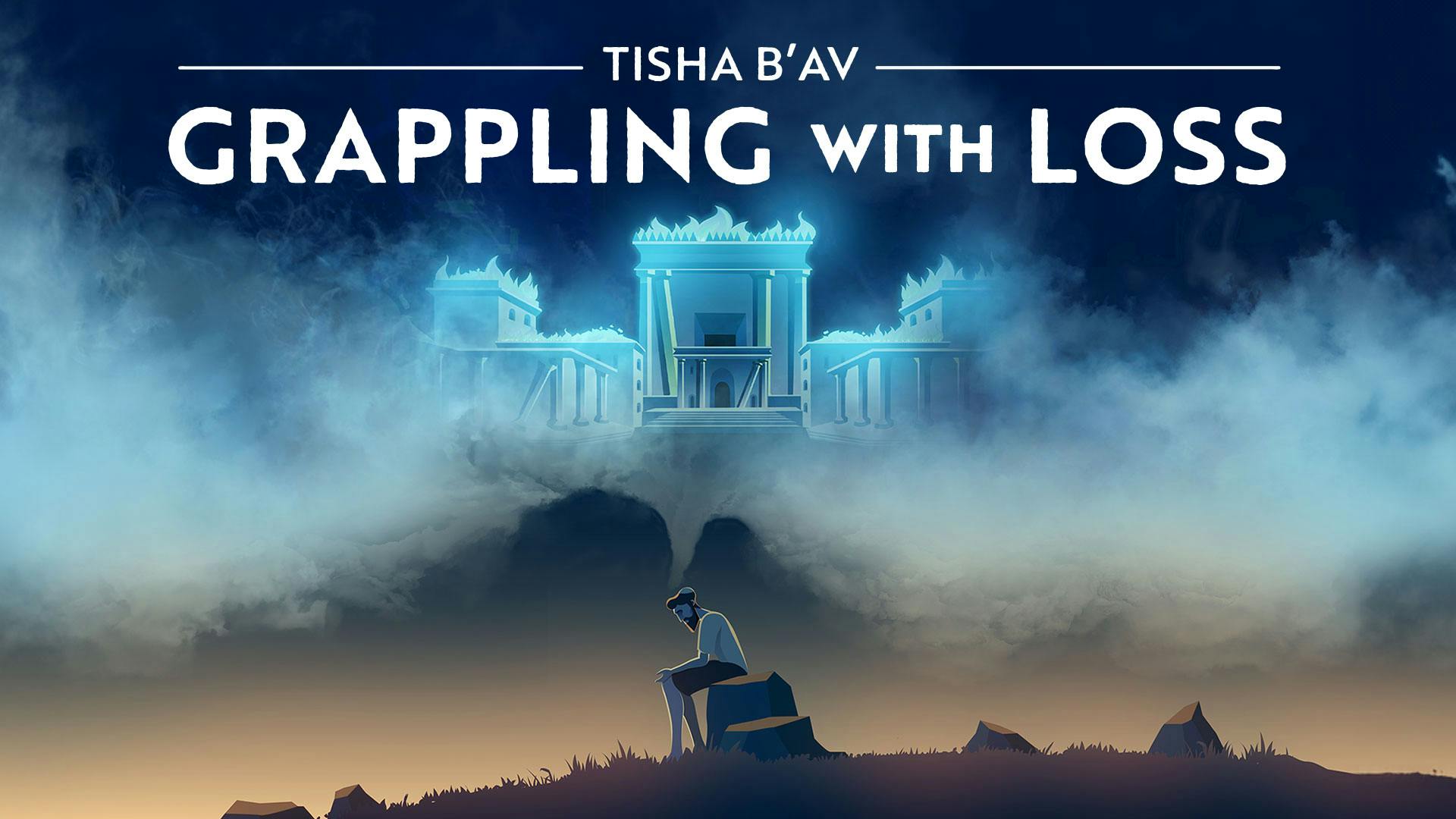Shabbat Nachamu
What is Shabbat Nachamu?
BY Sarah Rashba | July 24, 2024 | 3 Minute Read

Shabbat Nachamu 2024
Shabbat Nachamu this year begins at sundown on Friday, 16 August 2024 and ends at nightfall on Saturday, 17 August 2024. This falls out on Parshat Vaetchanan.
What Is Shabbat Nachamu?
The Shabbat after Tisha B'Av is called Shabbat Nachamu, the Sabbath of Comforting. The name comes from chapter 40 of the Book of Isaiah: נַחֲמוּ נַחֲמוּ עַמִּי יֹאמַר אֱלֹקיכֶם – “Comfort, comfort My people, says your God.”
Why a Shabbat of consolation? In the three weeks leading up to Tisha B’Av, we focus on the losses and sad events before the destruction of the Temple. After Tisha B’Av is over, we turn to our hopes for future redemption. In the coming weeks, this mood of hope and consolation will lead us into the month of Elul, when we begin to prepare for Rosh Hashanah, the Jewish New Year.
Haftara Shabbat Nachamu
On Shabbat Nachamu we read the Haftarah from chapter 40 of the Book of Isaiah, which speaks of comforting the Jewish people for all their suffering. This is the first of seven Haftarot from Isaiah, all expressing the theme of redemption, that we read between this Shabbat and Rosh Hashanah.
Shabbat Nachamu and Isaiah: The prophet Isaiah lived in a time when the ancient kingdoms of Israel and Judah were threatened by the Assyrian empire. Isaiah prophesied about these dangers to King Hezekiah and warned the people that their choices might lead to disaster. But in the later chapters of the Book of Isaiah, we find many uplifting prophecies about a time when God will return the people to their homes and rebuild their cities. Most importantly, the bond between God and the people will be restored.
Looking for more?
We have hours of delightful videos and podcasts to enhance your Passover celebration this year.
Shabbat Nachamu Dvar Torah
The balance of grieving and consolation at this time of year can be challenging. Tisha B’Av asks us to remember the darkest days of our history and mourn for those losses. We all have phases of our lives when it’s hard to feel sorrow over things we haven’t witnessed, especially when some of them happened so many centuries ago. But then there are other times when we’re overwhelmed by our own losses, and hope seems far away. In Grappling with Loss, Rabbi Fohrman explores another passage from the Book of Isaiah that helps us relate to the challenges of life in our world. Isaiah’s message gives us a way to look at all these difficulties… a way that just might bring us a measure of comfort when it’s hard to find.
Additional Tisha B'Av Articles

What Is Tisha B’Av? 101 Guide
Article
The Tisha B’Av fast is the most mournful day on the Jewish calendar, commemorating the destruction of the Holy Temple and other tragedies throughout Jewish history.

Top 5 Tisha B’Av Videos
Article
Not sure what to do this Tisha B’Av? We've got you covered with videos for whatever mood your in. Here is you curated guide to a meaningful Tisha B’Av.

Mourning the Beit HaMikdash
Article
How can we connect to the loss of the Temple today, thousands of years after its destruction? Explore the deeper meaning behind the Beit HaMikdash, and learn how our tragic loss continues to affect our world today.

Tisha B'Av for Kids
Article
Tisha B’Av is hard enough – but when you’re fasting yourself AND trying to make this day meaningful for your kids, it’s even harder. That’s why we put together this page with plenty of resources to make Tisha B’Av meaningful for kids of all ages. Including a BRAND NEW Teacher/Parent Guide for you to use along with our “Sinat Chinam: Baseless Hatred” series, so you can discuss the concepts of Tisha B’Av together with your kids at their level.

Is Tisha B'Av a Yom Tov?
Article
Tisha B’Av is the most solemn day on the Jewish calendar. We spend it fasting and mourning. But the Book of Lamentations (Eicha) refers to Tisha B’av as a moed – a holiday! With its lack of festive meals, Tisha B’Av certainly doesn’t feel like a holiday. How exactly do we categorize Tisha B’Av? Is Tisha B’Av a Yom Tov? And what can this classification teach us about the meaning of the day?

Book of Iyov
Article
The book of Job is one of the most complex and bewildering books of Tanach. Why do we read this book on Tisha B’Av and what lessons can we learn from Job’s struggles with God?

Understanding Kinot
Article
How can we unlock the meaning of kinot and access the emotions they’re meant to engender? Read more about Rabbi Fohrman’s approach to kinot and discover how to connect to these complex but haunting poems.

The Book of Lamentations (Megillat Eicha)
Article
The Book of Lamentations, written by Jeremiah the prophet, includes scenes that are vividly graphic, and themes that are distressingly clear. But in contrast to the direct - yet tragic - message, the writing is incredibly complex and confusing. What are we to make of this book traditionally read on Tisha B’Av?




